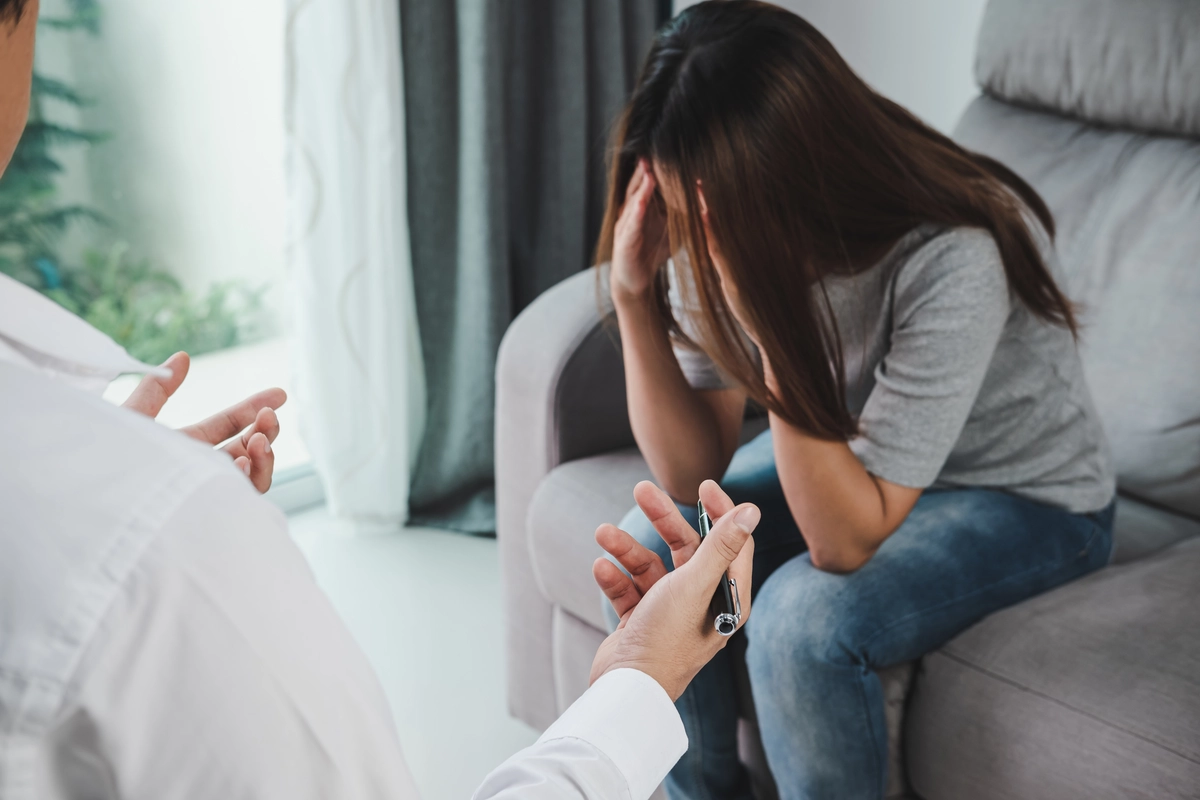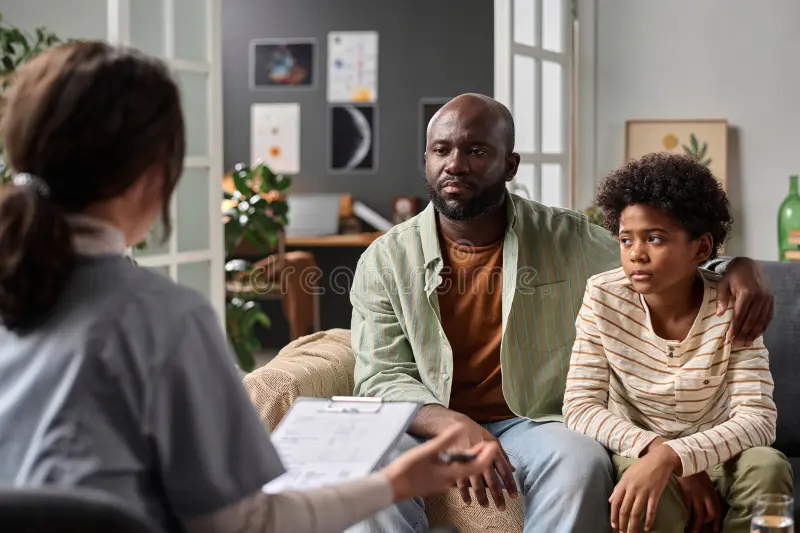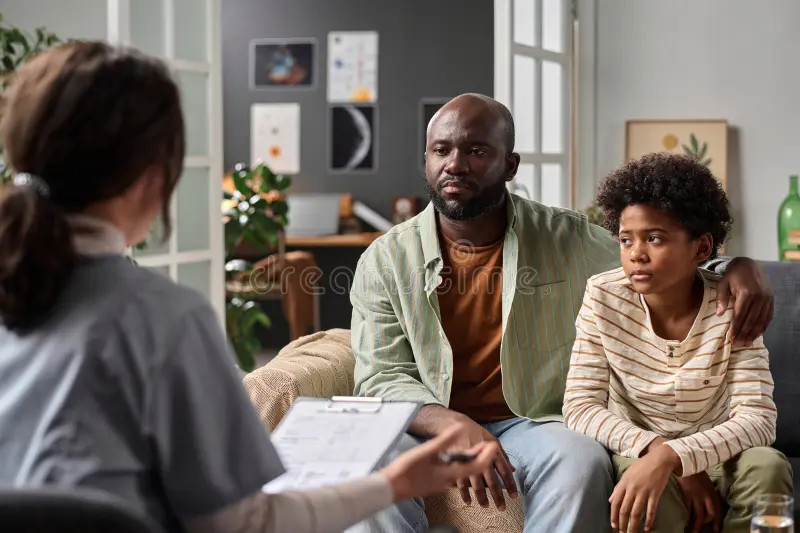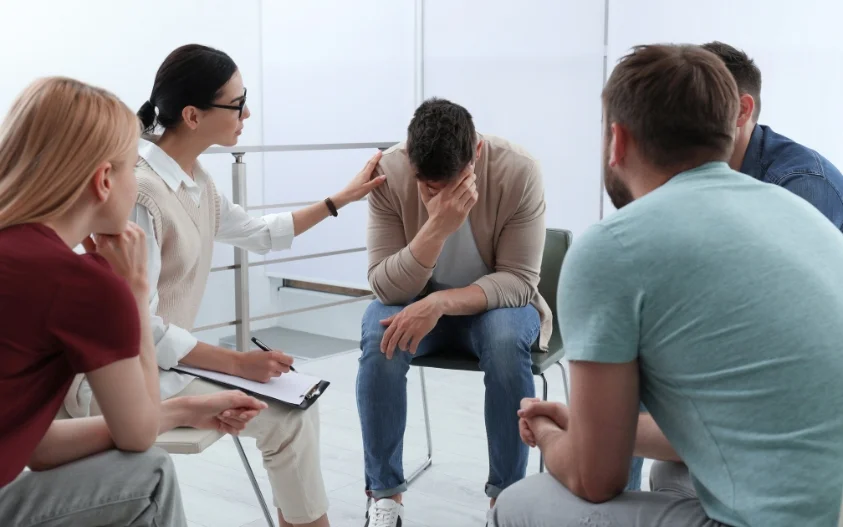24/7 Helpline:
(866) 899-221924/7 Helpline:
(866) 899-2219
Learn more about PTSD Treatment centers in Scooba
PTSD Treatment in Other Cities

Other Insurance Options

Health Partners

BlueShield

Sliding scale payment assistance

Carleon

Meritain

Horizon Healthcare Service

Optima

Health Net

ComPsych

WellCare Health Plans

CareSource

BHS | Behavioral Health Systems

Medical Mutual of Ohio

Choice Care Network

Health Choice

CareFirst

Self-pay options

Humana

United Health Care

Covered California








































